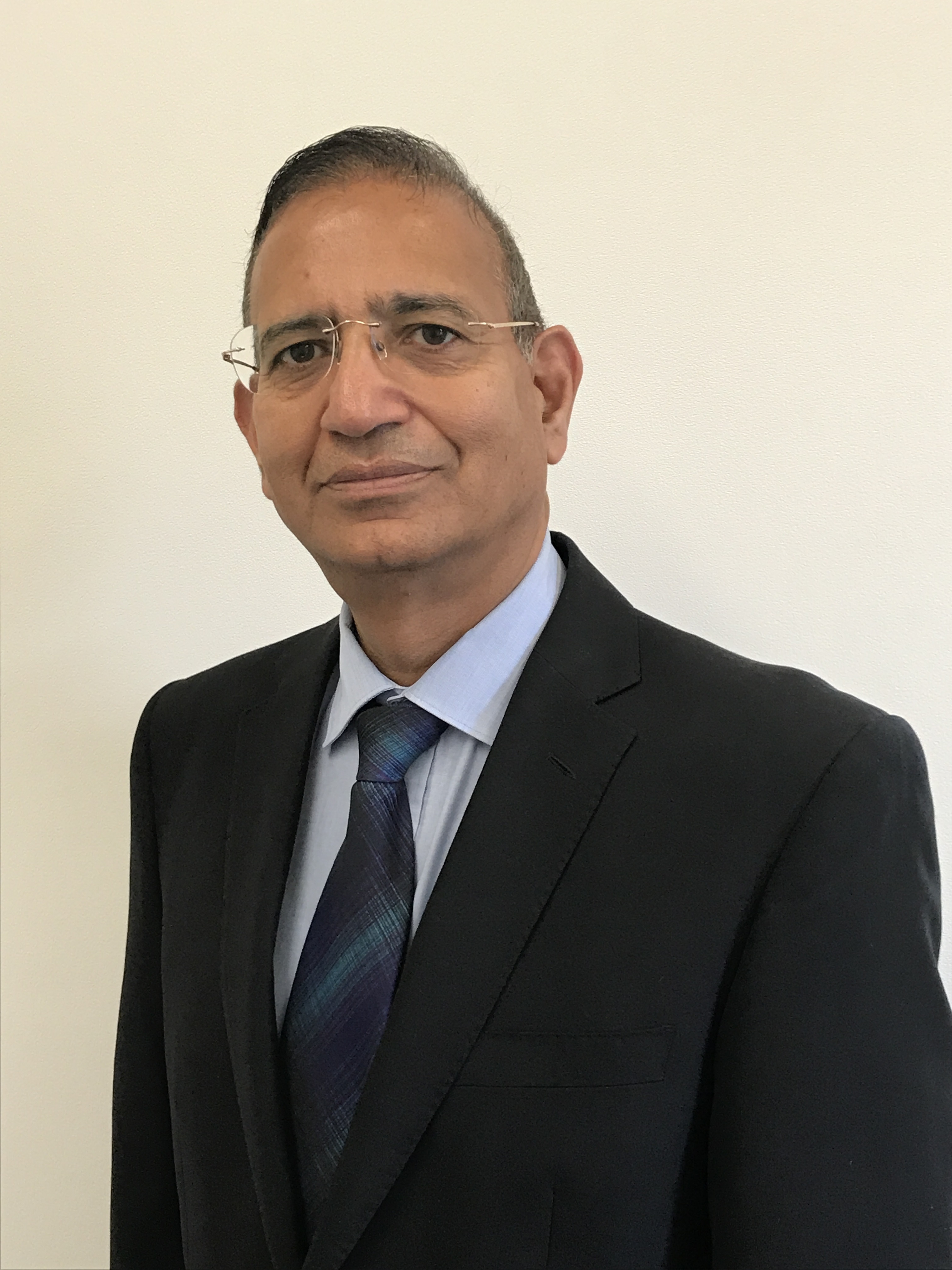- The findings of a nationwide survey of the diabetes education and training needs of midwives in the UK is now available in full on the ABCD website. HERE
The survey was commissioned by Diabetes Care Trust and is the result of work pioneered by Alban Davies Huw with contributions from Umesh Dashora, Shelley Bennett, Anne Goodchild, Julia Hugason-Briem, Gail Johnson, Abigail Kitt, Annette Schreiner, Diane Todd and Jennifer Yiallouros on behalf of the Association of British Clinical Diabetologists (ABCD)
The key messages include the following:
- Over eighty five percent of midwives recognise the need for education to improve their care of pregnant women with diabetes.
- The need for education is felt by all midwives not only those who work in a more specialised role with women with diabetes. The educational needs of the various groups require courses with different content, even when dealing with the same subject matter.
- Some midwives have completed a range of different diploma, degree and masters level courses, which included elements of the management of diabetes in pregnancy.
- Many midwives felt they needed further accredited training especially in insulin initiation and titration. The perceived need for further training was independent of their self-expressed confidence and competence
- Midwives of all backgrounds believe that diabetes specialist midwives provide a higher standard of care and improved outcomes, as well as giving better continuity and consistency of care.
- A strong case can be made for three levels of training; a) general training on the principles and identification of diabetes as well as initial management, b) extended diabetes training suitable for midwives working in high risk areas who are not specialists in diabetes, c) in-depth training for diabetes specialist midwives in the supervision and management of diabetes management including insulin initiation and treatment, which would give them accredited qualifications in the non-medical prescribing of diabetes medications including insulin and supporting joint diabetes antenatal clinics.
